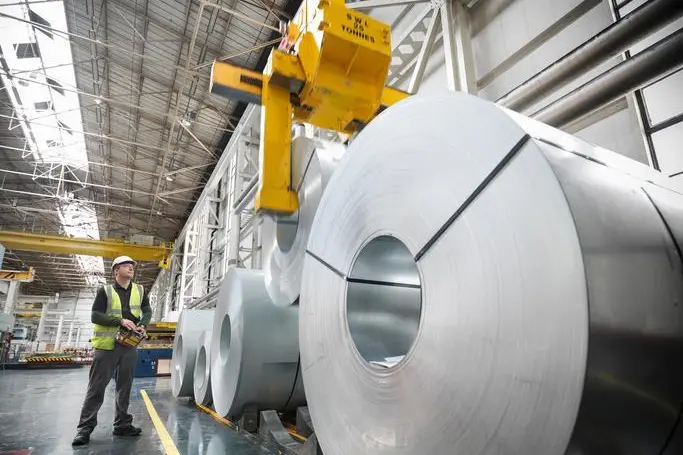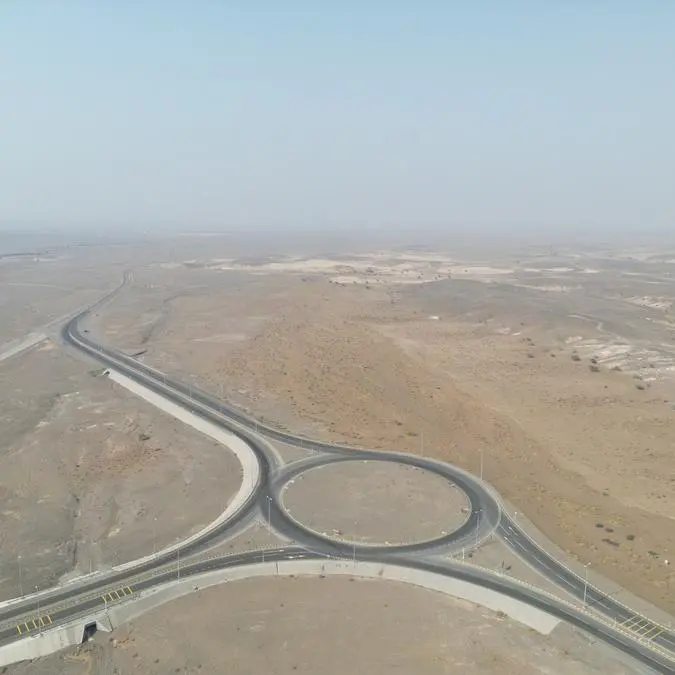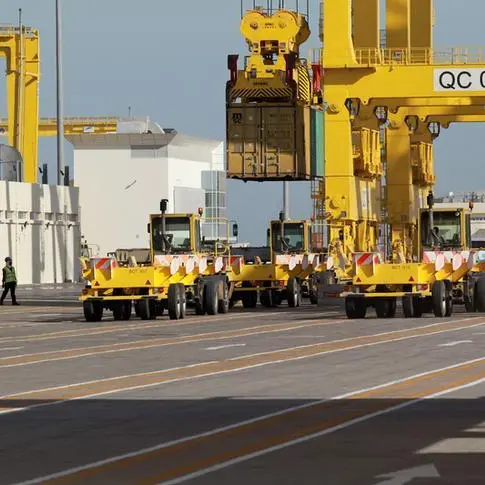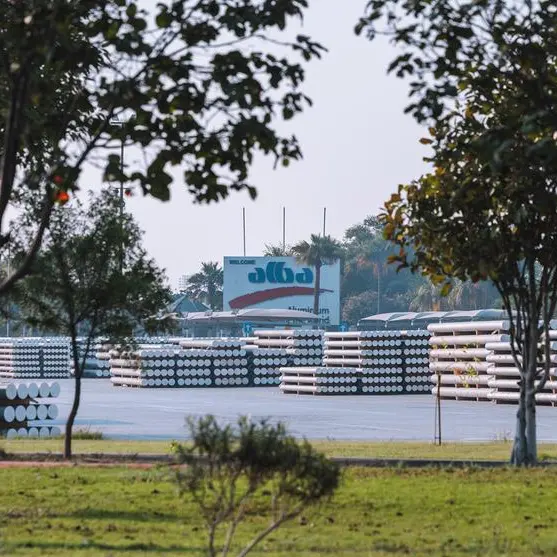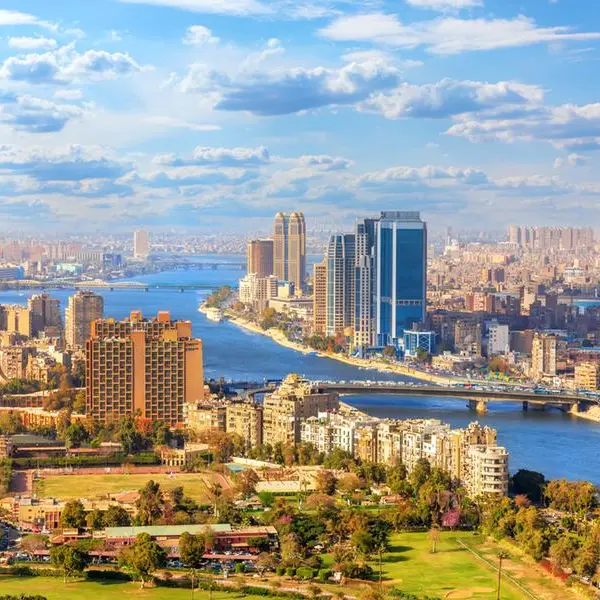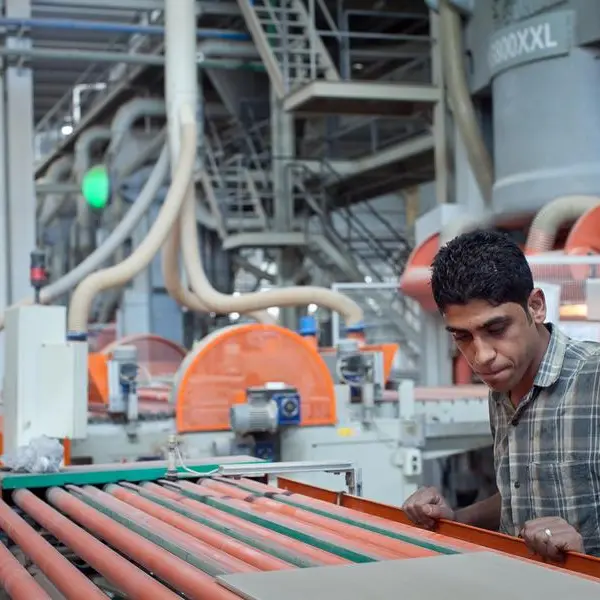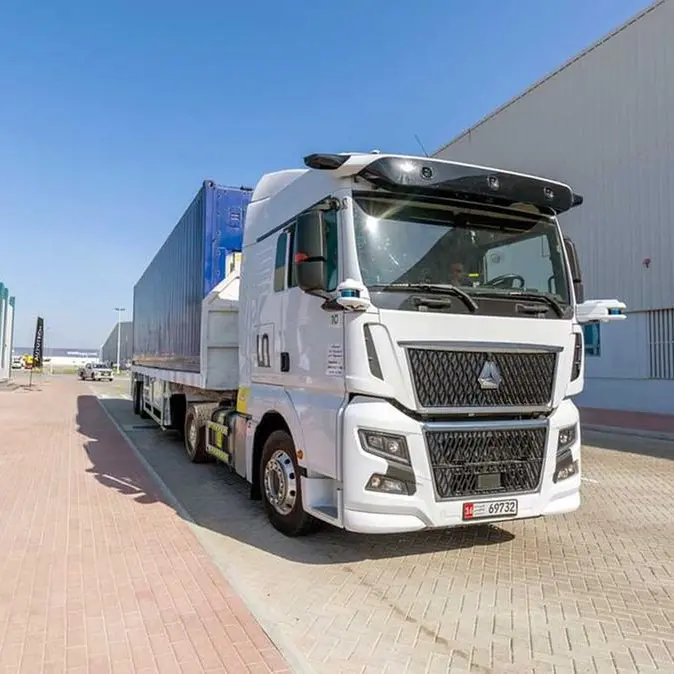PHOTO
Green steel manufacturing can be financially viable this decade in select markets with concerted action, a new report from Energy Transitions Commission (ETC) has revealed.
Recent policy developments like the Inflation Reduction Act (IRA) in the US and the phase-in of the carbon border adjustment mechanism in the European Union (EU) has made a viable investment case for zero emissions steel making within reach in these countries, said the report.
Green-lighting projects by 2026 is the critical challenge given the lead times involved and the ETC's report demonstrates that the financial gap for doing so is smaller than previously thought.
“All four countries can offer a viable investment case, if action is taken urgently to close the 'last-mile' gap. Actions such as government support for capital expenditures and forward purchase agreements at an initial premium (particularly from corporate offtakers) offer practical ways to close the financial gap for projects in all four countries in the near-term,” the report suggested.
The global pipeline of near-zero emissions primary (ore-based) steel projects must triple within the next three years to enable 190 million tonnes per annum (MTPA) of 'green' production by 2030 and keep industry emission reduction targets within sight, the report noted.
“Steel accounts for 7 percent of annual global greenhouse gas emissions and demand is set to rise, as the material is fundamental to building the energy transition, from wind turbines to electric vehicles, and to infrastructure growth in developing economies. 'Breakthrough' iron- and steelmaking technologies, centred around using low-carbon hydrogen to produce direct reduced iron (DRI), have been developed and offer a viable solution for decarbonising primary steel,” the report observed.
The price of low-carbon electricity, for green hydrogen production and direct process power, is the crucial market factor in determining the international competitiveness of breakthrough iron or steel.
The globalised nature of steel markets means that policy support at the national level can have implications on international trade, the report said.
Concerted co-operation between governments and companies is essential to avoid cross-border friction and create enabling conditions for international investment. The areas of co-operation include:
*Coordinated aggregation of public and private sector demand across borders to strengthen purchasing signals for near-zero emissions iron and steel products.
*Harmonisation of product standards, definitions, and certification systems to boost buyers' confidence to purchase breakthrough products
*Coordination of value chains to reflect new cost-optimal production locations, including the potential separation of iron and steelmaking
(Writing by Sowmya Sundar; Editing by Anoop Menon)
